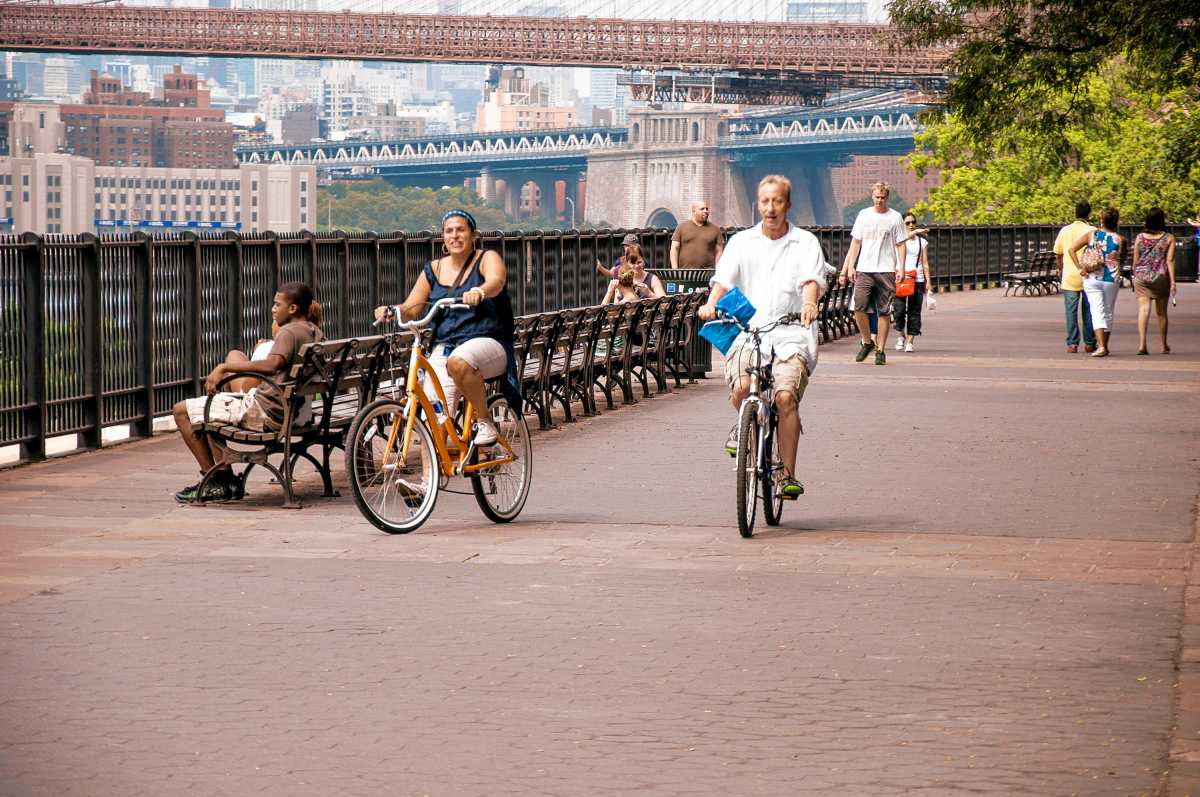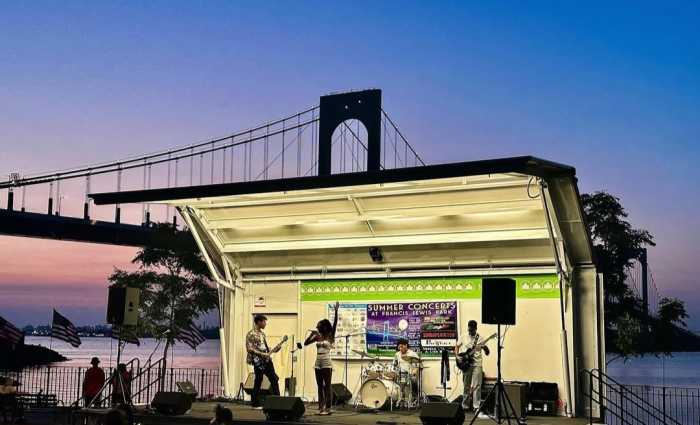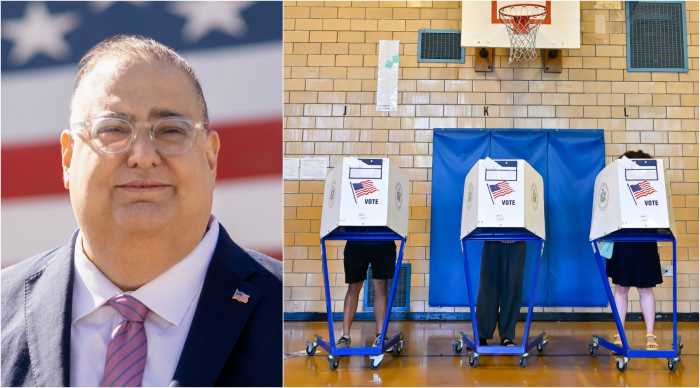It’s your transit system
To The Editor: As a New Yorker, I have always known that we are blessed to have the largest mass transit system in the Western Hemisphere right here in our backyard. As the chairman of the Metropolitan Transportation Authority, I’ve come to appreciate the advantage it gives us as a region. It is truly an economic engine and asset in and of itself. Most important, it is your asset, and one that we must work together to protect.
The value of our transportation network has become even more apparent over the past few weeks as people across the country have been digging into their pockets and their savings to deal with astronomical rises in the cost of their daily commutes. Twenty to 30 percent increases in the price of gas — in only a few days or weeks — are really stressing drivers and the economy. By comparison, the cost of our subway, bus or rail rides continue to be the best deals around.
I know you probably don’t think of it this way, but the transportation network belongs to you, the public. As a New Yorker, you are actually an investor who has a stake — not just in whether the fare goes up — but in how the system is financed and what’s needed to bring it to a state of good repair.
The system that moves 8.5 million people each day costs billions of dollars to maintain each year, far more than just what gets put in the fare box. The rest of the money needed to run, rebuild and expand the system comes from a broad range of financing mechanisms provided by our partners in the city, state and federal government.
So, you see, the services that the system provides are, therefore, dependent on a combination of what the public is willing to pay at the farebox and also what they are willing to pay elsewhere. As we propose our next five-year capital plan to the state, it’s something all of you, as riders and owners, should focus on. The current five-year plan, which runs through 2009, totals $21 billion — and the next five-year plan will most assuredly be bigger — so we’re talking about a major investment here.
Capital funding is crucial to the system and, therefore, to the region’s economy, and we need it. But you, as owners, should be active participants in the public discussion. Let your elected officials know that the transit system matters to you and how you think it should be improved. Be supportive of government funding — but expect financial clarity, budget transparency and operational efficiency in return.
We on the M.T.A. board will, assuredly, do our part, but I am asking all of you to take ownership in what we are doing to move the M.T.A. ahead. This is a partnership and we need each other to make it a go.
H. Dale Hemmerdinger Hemmerdinger is chairman, Metropolitan Transportation Authority
Claims don’t hold (Mc)Water
To The Editor: Re “C.B. 3 feels Chinatown pressure on rezoning” (news article, May 9) and “O.K. rezoning as is” (editorial, May 9):
Excusing the community board from responsibility for Chinatown’s late involvement in the rezoning, Dave McWater, Community Board 3’s chairperson, said he spent a $100,000 grant on outreach to Chinatown. The article doesn’t mention that none of this money was spent on rezoning information.
In your editorial you claim that Chinatown is difficult to rezone because it lies in three districts. But the portion in Community Board 2 is already protected by the Little Italy Special District, so it can be zoned piecemeal. The current plan even includes a few blocks of that special district.
Your claim that every rezoning must have a vulnerable periphery is inaccurate: The state court buildings, the housing projects and the Little Italy Special District surrounding Chinatown are not developable.
The small hotel zone south of Houston St. included in the rezoning and Chinatown share exactly the same current zoning, arguing for a natural protective rezoning of all the C6-1 zones, including Chinatown.
The community board can still use its leverage now to gain a commitment from the city to put a protective rezoning of Chinatown and the Bowery on the fast track. If C.B. 3 and Alan Gerson do not get that commitment now while the Department of City Planning is looking for support, we know from our conversations with Planning, that the agency will not support any future protection for the area.
The community never before spoke in such numbers about this plan. Councilmember Rosie Mendez has expressed her support for the community’s wishes. Will Councilmember Gerson do the same?
Rob Hollander

































